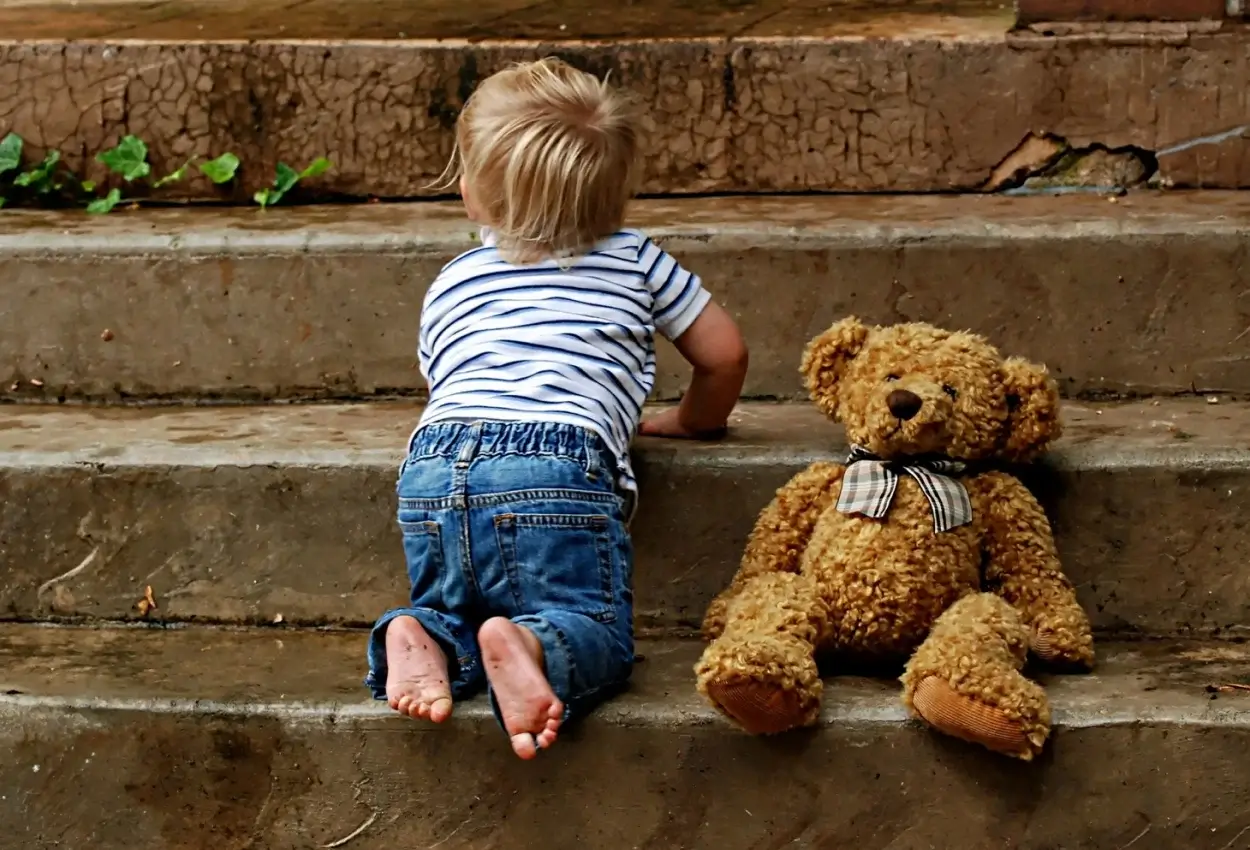Understanding the Critical Stages of Early Child Development
Early childhood is often described as a crucial period in human development. During the early years—generally defined as from birth to eight years of age—children experience rapid cognitive, emotional, and physical growth. These foundational years shape a child’s ability to learn, socialize, and develop the skills necessary for a successful and fulfilling life. The importance of early childhood development cannot be overstated, as it influences future health, well-being, and academic success.
The Brain’s Rapid Growth in the Early Years
From birth to age five, the human brain grows at an unparalleled rate, with millions of neural connections being formed every second. This period of accelerated brain development makes the early years particularly sensitive to environmental stimuli, including emotional nurturing, nutrition, and educational activities.
Research has shown that the brain’s plasticity is at its peak during these formative years, meaning that early interventions—whether positive or negative—have lasting effects on cognitive abilities, emotional health, and social skills. Language acquisition, for instance, is one of the most critical skills developed in early childhood, and children who are provided with a rich linguistic environment have a stronger vocabulary and better reading comprehension in later years.
Social and Emotional Development
A child’s ability to interact with others, express emotions, and develop a sense of self is built primarily during the early developmental phase. Social skills like empathy, cooperation, and conflict resolution begin to take shape during this period, particularly through play and interaction with caregivers and peers.
Children who experience secure attachments with caregivers are more likely to develop positive social behaviors and emotional resilience. These emotional foundations contribute to a child’s ability to form relationships, regulate emotions, and cope with challenges later in life. Emotional intelligence, which includes the ability to recognize, understand, and manage one’s emotions, is nurtured during these early interactions and plays a key role in lifelong mental health.
Physical Development and Health
In addition to mental and emotional growth, the early years are also a critical time for physical development. Proper nutrition, physical activity, and healthcare are essential for building strong bodies and preventing developmental delays. Motor skills, both fine and gross, develop rapidly during these years.
Engaging in physical activities such as running, jumping, and climbing helps children build their muscles, coordination, and balance. Moreover, children who are encouraged to explore their environment and engage in physical play are more likely to maintain healthy habits throughout their lives, which can reduce the risk of obesity and other health-related issues.
The Role of Play in Child Development
Play is often referred to as the “work of childhood,” and it plays a central role in a child’s developmental journey. Through play, children learn about the world around them, develop their cognitive and problem-solving abilities, and practice essential social skills. Imaginative play, for example, allows children to explore different roles and scenarios, building their capacity for empathy and critical thinking.
Play also provides an important context for language development, as children are often engaged in dialogue during play, whether with their peers, parents, or even through self-talk. Structured play, such as games with rules, helps children learn about fairness, turn-taking, and strategy, while unstructured play promotes creativity and innovation.
Early Childhood Education: A Gateway to Future Success
Early childhood education (ECE) programs are designed to foster learning and development during these critical years. Quality ECE programs offer structured environments where children can build essential skills such as language proficiency, numeracy, and problem-solving while also promoting emotional and social development.
Research indicates that children who attend high-quality early childhood education programs are more likely to perform well in school, have higher graduation rates, and show improved social behavior. The benefits of early education extend into adulthood, where individuals are more likely to secure stable employment and experience better mental and physical health.
The Long-term Impact of Early Childhood Experiences
The early experiences of a child create a blueprint for future success. Positive experiences such as nurturing relationships, early learning opportunities, and emotional security contribute to a strong foundation for lifelong health, learning, and behavior. Conversely, adverse experiences during early childhood, such as neglect or trauma, can have lasting negative effects.
One key concept in this area is the “toxic stress” response, which can occur when a child faces prolonged adversity without adequate support from adults. Toxic stress can impair brain development and lead to long-term health consequences, including mental health disorders and chronic diseases. Early intervention and supportive caregiving can help buffer these effects, highlighting the importance of providing a stable and enriching environment during the early years.
The Role of Parents and Caregivers in Early Development
Parents and caregivers play the most influential role in shaping a child’s early development. From the very beginning, children look to their caregivers for cues about how to respond to the world around them. A nurturing, loving, and responsive environment helps children feel secure and valued, which is essential for their emotional and cognitive growth.
Parenting practices such as talking to children, reading to them, engaging in play, and encouraging exploration are all crucial for promoting healthy development. Parent-child bonding forms the basis for a child’s future relationships, with responsive caregiving fostering a sense of security and self-worth.
Conclusion: Investing in the Early Years for Lifelong Success
In conclusion, the early years of a child’s life represent an extraordinary window of opportunity to shape their future development. By ensuring that children receive adequate nutrition, emotional support, early education, and opportunities for physical and social growth, we can help them reach their full potential. The long-term benefits of investing in early childhood development include not only better educational and health outcomes but also stronger communities and economies.
Providing children with the right start in life is not just a parental responsibility but a societal one. As research continues to emphasize the importance of early childhood experiences, we must collectively focus on creating environments that nurture the holistic development of every child.
